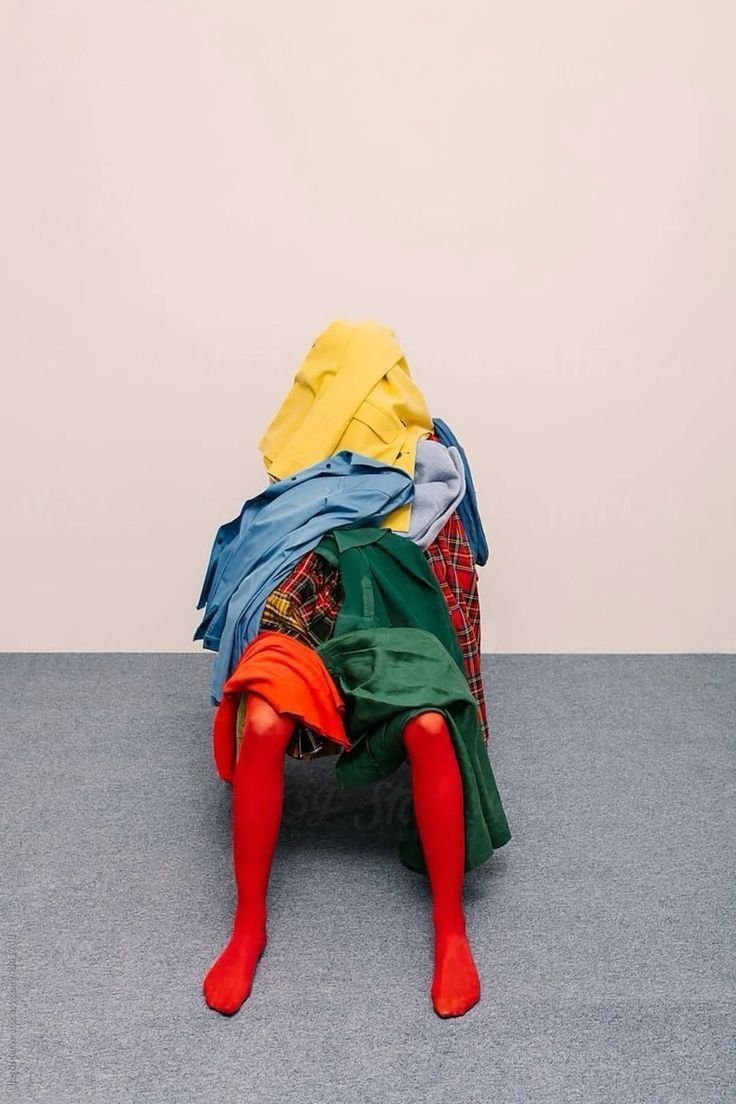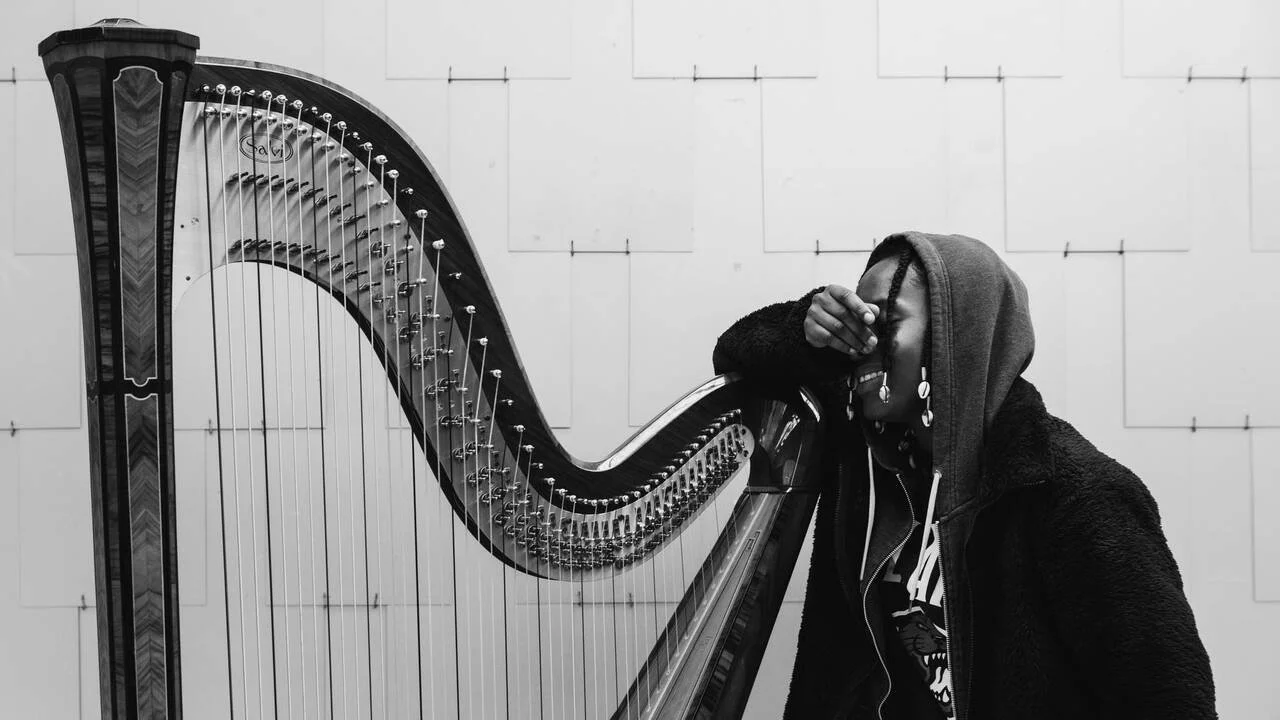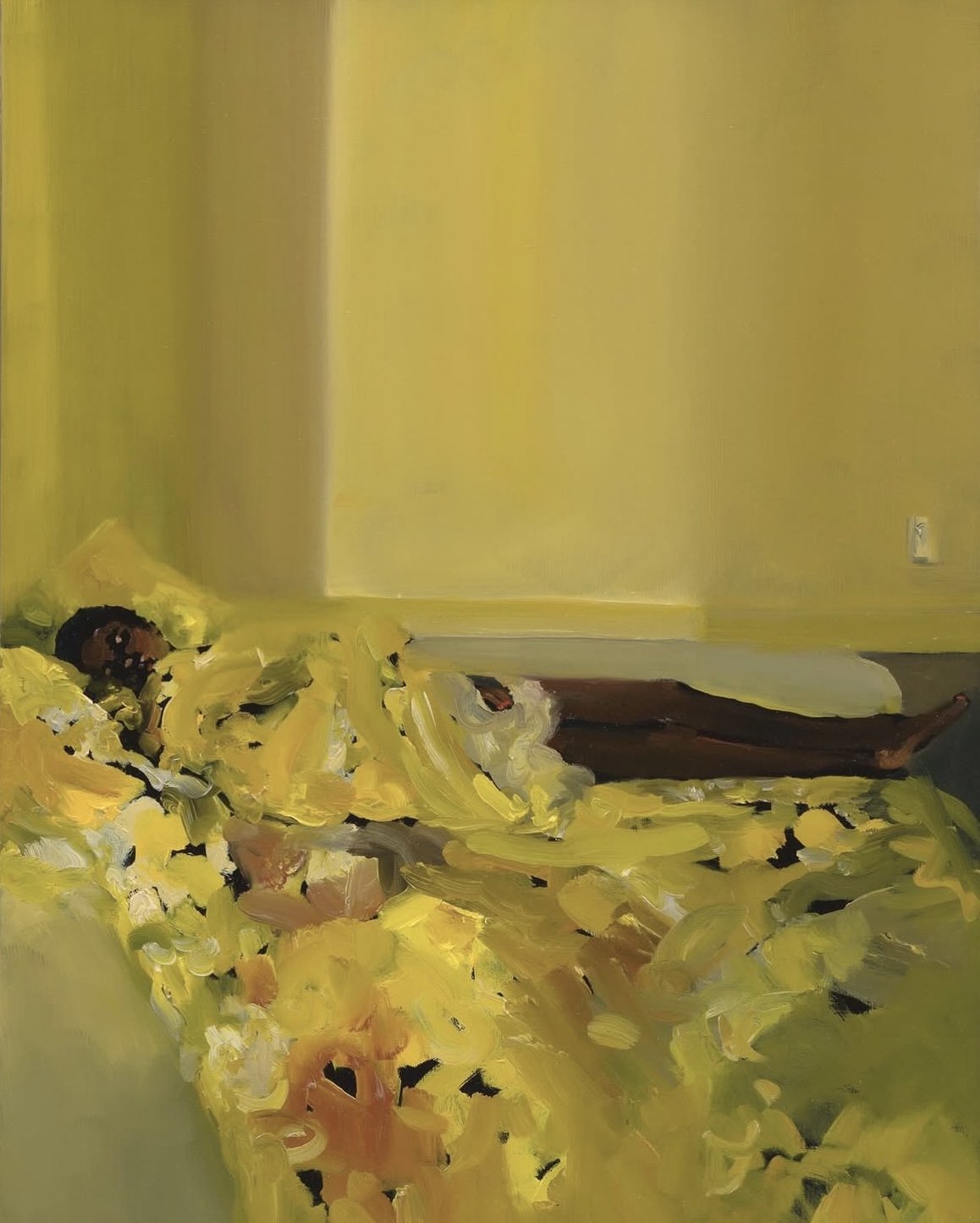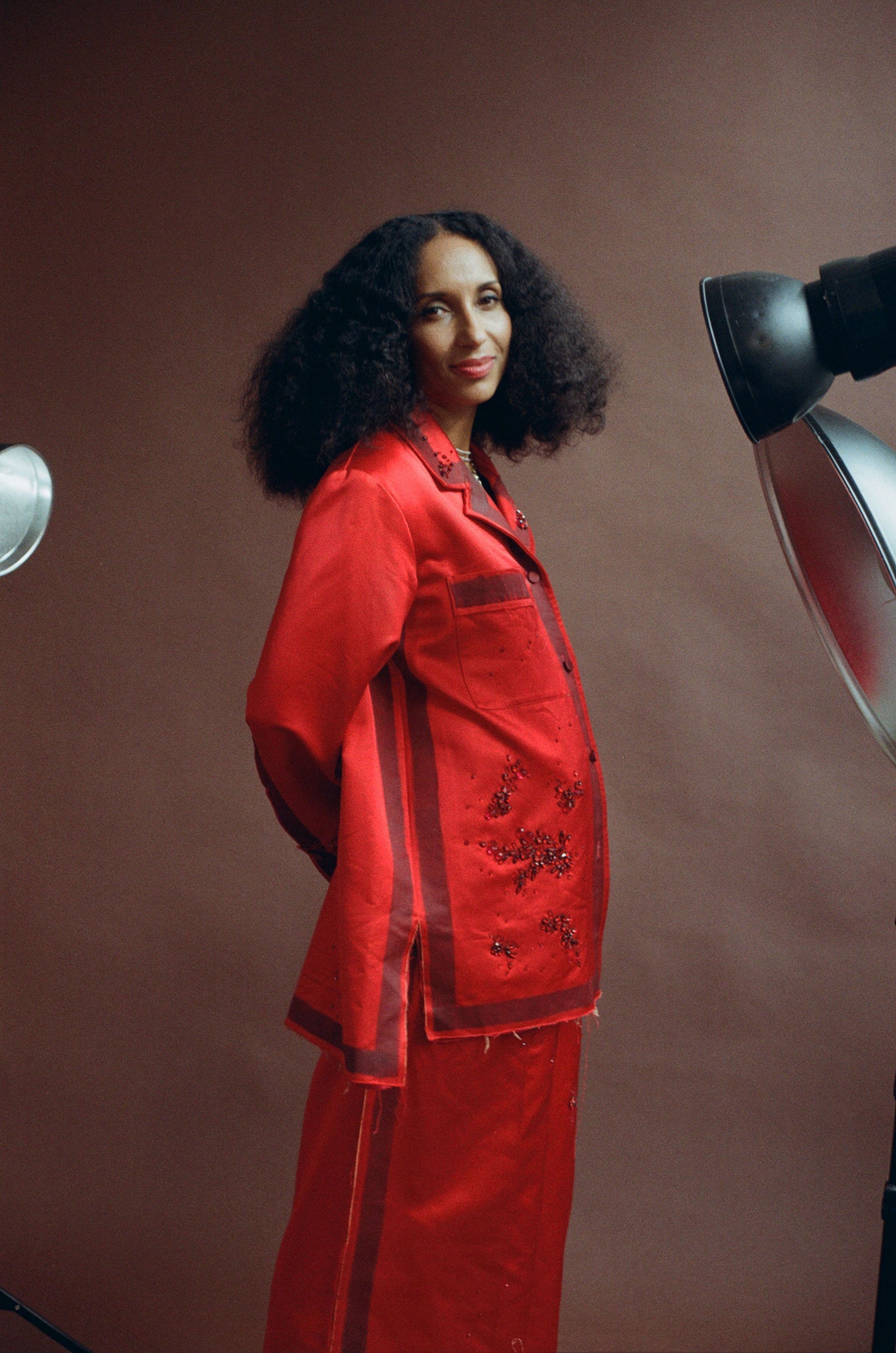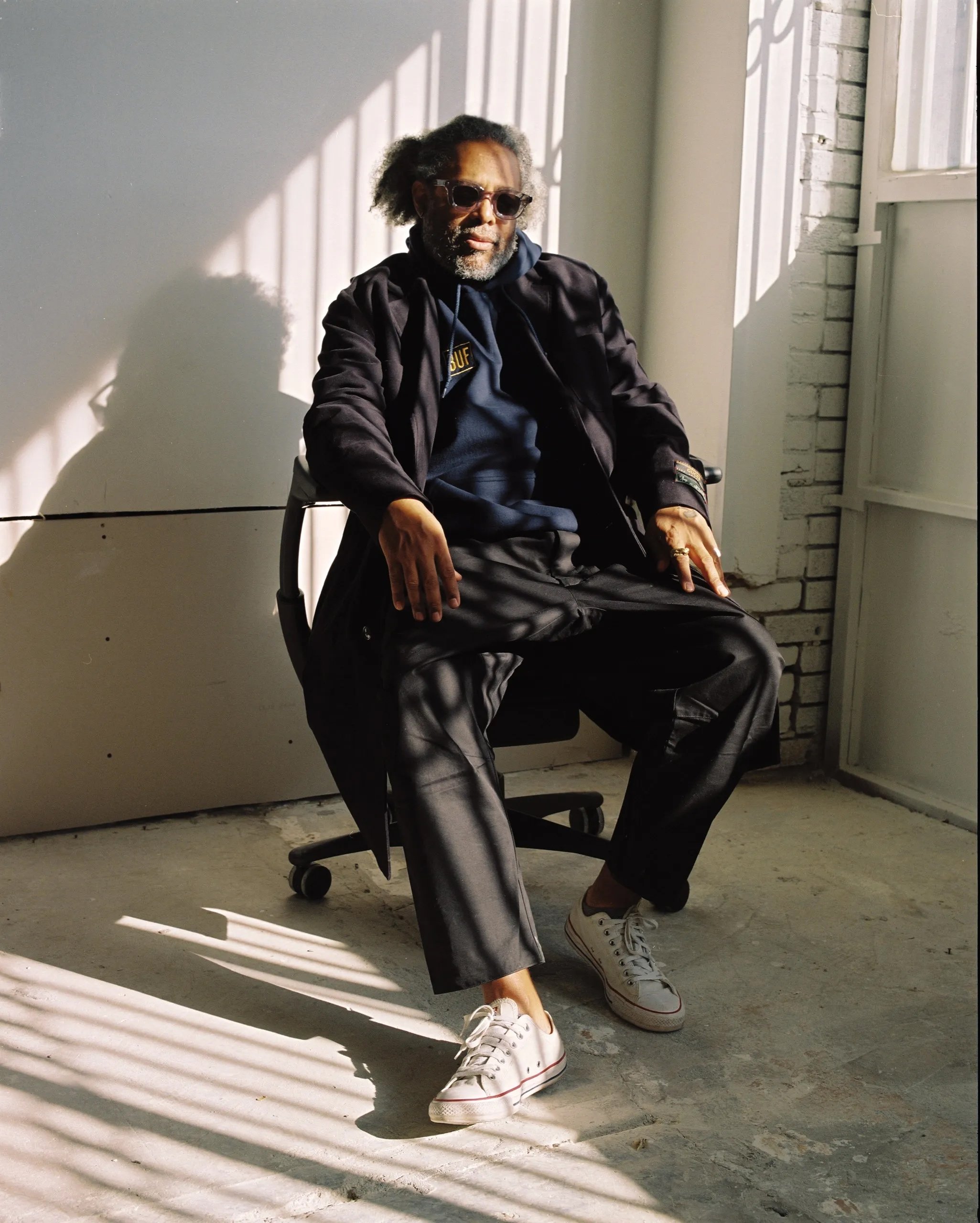Why Are Intimacy Coordinators Essential for Film and TV Today?
For the film “SEX IS COMEDY”, my voice became part of the soundtrack, opening the doors to a world that is often discreet yet fundamental: the world of intimacy coordinators. Through this documentary, I discovered the importance of this profession, which, far from being anecdotal, is essential for creating a more respectful and sensitive cinema.
Why Coordinate Intimacy?
The intimacy industry is under pressure. While many creatives and artistic leaders see the benefits of intimacy direction and coordination as specific care and technical support for actors, the industry itself has not yet created an equitable and inclusive training process for marginalized people.
I believe there is a growing will to have these conversations now because we can no longer avoid them.
The role of an intimacy coordinator, which emerged after the Weinstein scandal, has become central on film sets, ensuring the safety of actors and giving them a voice when dealing with sometimes overbearing filmmakers.
Through testimonials from actresses and directors, the film explores the impact of this still underrepresented profession in France, which is already revolutionizing Anglo-Saxon cinema.
It reveals the behind-the-scenes process: sex scenes choreographed with precision, bodies showcased with respect, and poignant stories of discomfort felt when no coordination was present.
Although the profession has existed since 2008, it gained significant prominence with the #MeToo movement, transforming the creative process and the atmosphere on sets. This critical turning point, though timidly adopted in France, heralds a renewal for the industry.
Beyond the Male Gaze: Intimacy Coordination and the Fight for Racially Inclusive Narratives
Let’s take this discussion further…
Hollywood and Paris have long hyper-sexualized non-white bodies, often reducing them to mere objects of desire. However, French audiences are increasingly consuming successful films and series featuring BIPOC actors and actresses, such as Bridgerton, Insecure, Normal People, The Great, Watchmen, Sex Education, I May Destroy You, and Power, where intimacy coordinators played a crucial role in managing sex scenes.
That said, most intimacy coordinators remain predominantly white, creating a gap in understanding the racial dynamics at play in these scenes. The hyper-sexualization of Black bodies remains a significant issue, and the lack of diversity among intimacy coordinators exacerbates this problem.
Intimacy coordinators are essential to creating safer and more equitable working environments on sets, especially when it comes to depicting love and intimacy. However, Black intimacy coordinators, such as Teniece Divya Johnson, face unique challenges in an industry that often neglects racial stereotypes. These professionals must not only ensure actors' physical safety but also address deeply ingrained racial issues, such as the fetishization of Black bodies—a phenomenon that mainstream cinema has long ignored.
It is imperative to bridge the gap in nuanced representations of Black love and intimacy on screen. As the industry moves toward more inclusive storytelling, it is crucial that intimacy coordinators are trained to recognize and deconstruct racial stereotypes. By doing so, they will help create more respectful and authentic scenes, where Black and mixed-race characters are portrayed with the dignity, complexity, and depth they deserve. This would mark a turning point toward more honest and equitable portrayals of love on screen.

